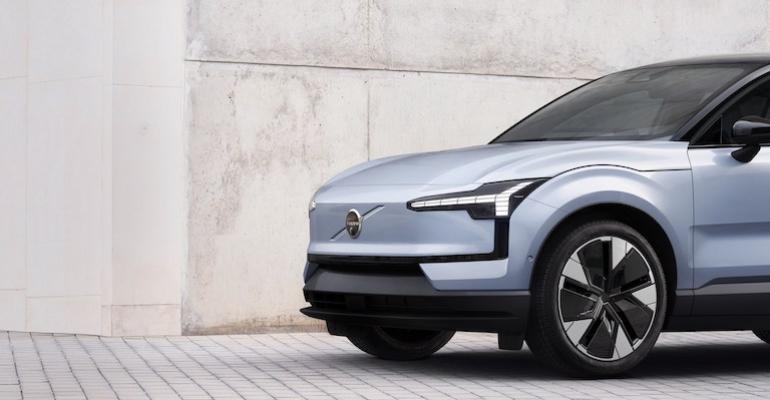The switch to biofuel-transport will reduce fossil CO2 emissions from intercontinental ocean freight by 55,000 tonnes a year and 84% compared to fossil fuel, said the company. This reduction is equivalent to the CO2 emissions of a full truck driving around the equator about 1,200 times.
The fuel used is Fatty Acid Methyl Esters (FAME), and it is produced from renewable and sustainable sources, mainly waste cooking oil. No feedstock related to palm oil or palm oil production is used. The fuel is certified and not produced in competition with food crops. It is therefore sustainable in accordance with the EU Renewable Energy Directive.
But switching to biofuels does not give Volvo Car a competitive advantage. “On the contrary, we want to spark other car makers into action as well, to increase demand for carbon efficient ocean transports and to establish renewable fuels as a mid-term solution that works. We all have a responsibility to act,” said Javier Varela, Chief Operating Officer and Deputy CEO.
“The company has been working on this initiative together with our logistics partners Maersk, Kuehne+Nagel and DB Schenker. These logistics service providers have switched to renewable fuel for equivalent energy needed for all container transports done for Volvo Cars from June 1, 2023,” he added.
The company’s ambition is to reduce its lifecycle carbon footprint per car by 40% between 2018 and 2025, which requires a 25% reduction in operational emissions, including logistics. It is also aiming for climate-neutral manufacturing by 2025.
“We’re continually exploring sustainability opportunities across all aspects of our supply chain, and across our overall business,” Varela said.
Copyright © 2024. All rights reserved. Seatrade, a trading name of Informa Markets (UK) Limited.
Add Seatrade Maritime News to your Google News feed.  |

